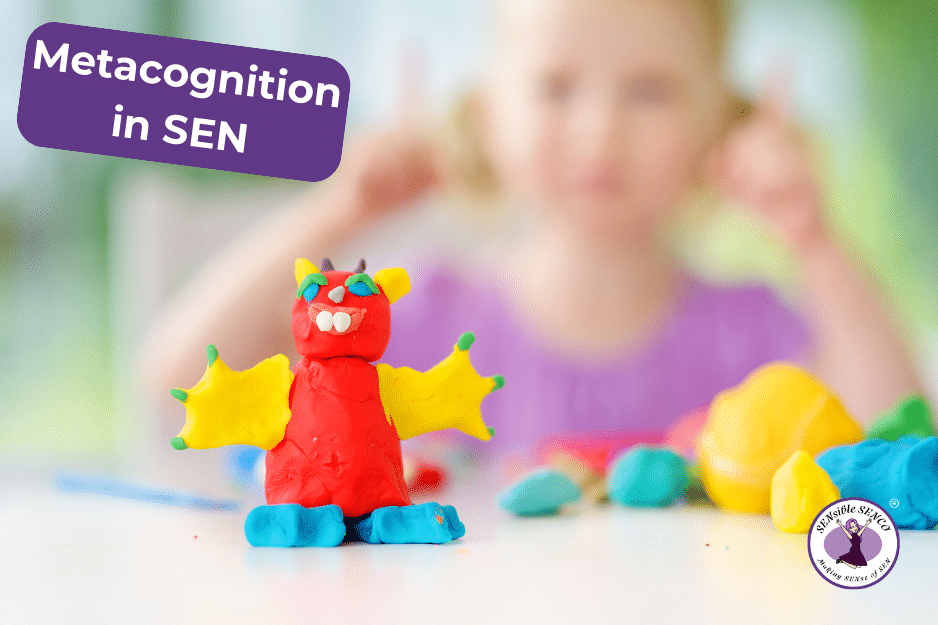Introduction:
Metacognition, the ability to reflect on and regulate one’s thinking processes, holds significant challenges for pupils with special educational needs (SEN). Educators, however, can play a pivotal role by modeling effective metacognitive strategies to support SEN pupils on their educational path. This article offers insights into how educators can effectively demonstrate metacognition, providing a scaffolded approach that encourages pupils to observe and adopt these valuable strategies.
Understanding Metacognition:
Before educators can effectively model metacognitive strategies, a fundamental grasp of metacognition is essential. This section provides an overview of metacognition’s importance in enhancing learning outcomes for all pupils, including those with SEN.
Identifying SEN Pupils’ Needs:
To tailor metacognitive support effectively, educators must identify the specific needs and challenges of their SEN pupils. This section discusses the significance of assessments and observations in pinpointing areas where metacognitive strategies can make a difference for SEN pupils.
Modelling Metacognitive Strategies:
This section outlines various metacognitive strategies educators can model for SEN pupils, including goal setting, self-monitoring, self-reflection, and problem-solving techniques. Practical examples and step-by-step guidance are provided to aid educators in effectively demonstrating these strategies.
Scaffolding and Support:
Recognising that SEN pupils may require additional support, this section explores various means through which educators can provide assistance, such as visual aids, graphic organisers, and personalised learning plans. The importance of gradually reducing support as pupils become more independent is also emphasised.
Encouraging Self-Advocacy:
Fostering metacognitive skills is intertwined with promoting self-advocacy in SEN pupils. This section discusses strategies for empowering pupils to take ownership of their learning, including teaching them how to ask questions, seek help when needed, and advocate for their own educational needs.
Cultivating a Metacognitive Classroom:
Creating an environment that embraces metacognition is pivotal for sustained success. This section offers suggestions for infusing metacognition throughout the curriculum, such as incorporating reflection activities, encouraging peer collaboration, and fostering a growth mindset.
Evaluating Progress and Adjusting Strategies:
Regular assessment of pupils’ progress is vital to ensure the effectiveness of metacognitive strategies. This section delves into methods for assessing pupils’ metacognitive development and adapting strategies accordingly.
Conclusion:
Modeling metacognitive strategies for SEN pupils can significantly enhance their learning experiences and outcomes. By understanding their individual needs, providing scaffolded support, and fostering self-advocacy, educators can empower SEN pupils to become independent learners. This article serves as a valuable resource for educators seeking effective strategies to model metacognition and support the success of their SEN pupils.




